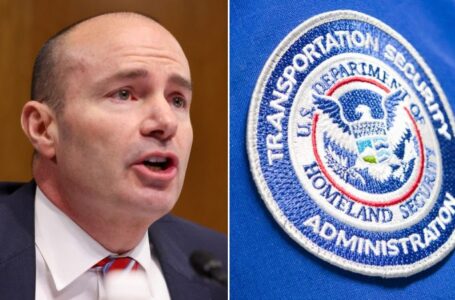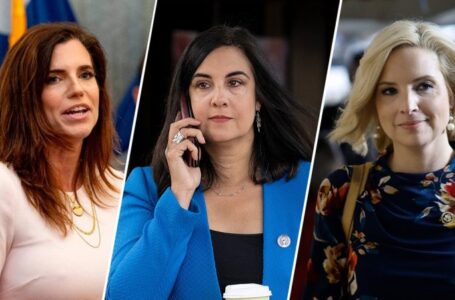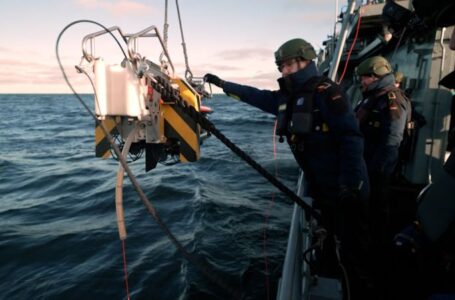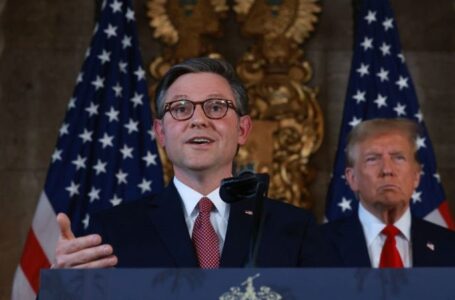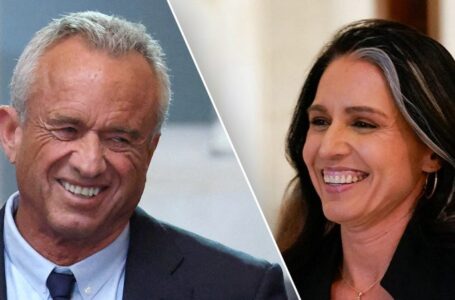‘Nothing will be easy about returning:’ Survivors mark 80th anniversary of Auschwitz liberation
Eleven years later, Trump may finally have the best friend he wanted
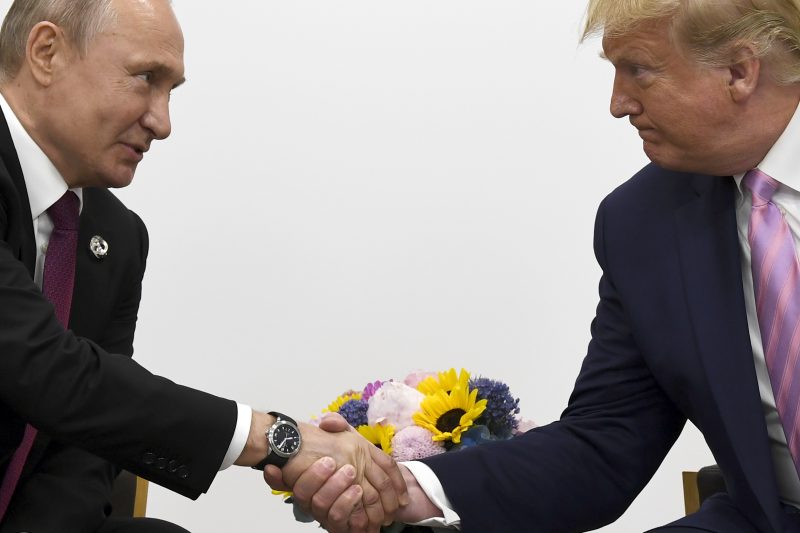

In 2013, Donald Trump was just New York Businessman Donald Trump, his presidential ambitions apparently obliterated by President Barack Obama’s scornful dismantling at the 2011 White House Correspondent’s Association dinner. Trump had been flirting with running in 2012, settling instead for a demure endorsement of the eventual nominee, Mitt Romney.
So instead of focusing heavily on politics, Trump was focused on promoting the Trump Organization. His private company still owned the Miss Universe Organization, for example, and he was looking forward to that year’s pageant, hosted at Crocus City Hall in Moscow. (In March of this year, terrorists aligned with the Islamic State attacked a concert at the venue, killing more than 140 people.)
There was one part of the upcoming pageant that seemed to hold particular appeal for Trump. While in town, he might finally get to meet someone who, we’ve since learned, he held in high esteem: Russian President Vladimir Putin.
“Do you think Putin will be going to The Miss Universe Pageant in November in Moscow,” he mused on Twitter, the social media platform now called X. And “if so, will he become my new best friend?”
It was an odd comment, certainly, one that became only more fraught when Putin launched an incursion into Ukraine the following spring, seizing the Crimean peninsula. Once Trump announced his bid for the Republican nomination in 2016 — triggering the sale of the Miss Universe Organization as part of the corporate backlash to the anti-immigrant rhetoric he used in that announcement — his apparent affection for Putin became a distinct liability.
This did not obviously dissuade Trump from embracing the Russian president, however. Even as questions about his engagement with Putin and Russia swirled during the campaign, even as news broke that Russia had sought to boost his candidacy, and even as attention turned to the possibility that individuals on Trump’s campaign might have worked in partnership with the Russian effort, Trump’s obvious affection for Putin didn’t wane.
The day after he fired FBI Director James B. Comey in an effort to derail the probe into Russia’s interference efforts, Trump welcomed Putin’s top diplomat into the Oval Office. When Putin won reelection in March 2018 after a dubious vote, Trump called to offer his congratulations — despite specific instructions from his staff that he not congratulate the authoritarian on his continuation of power. Trump and Putin met in Finland that July, talking behind closed doors with no one but their translators for several hours. When they emerged, Trump suggested that Putin’s denial of having interfered in the 2016 election was just as credible as the intelligence community’s determination that he had.
Over the course of the first three years of his presidency, Trump and Putin spoke at least 16 times. And that’s just what’s formally acknowledged, calls between world leaders and public meetings. Trump is known to pick up the phone and call friends and allies at all hours; it’s certainly not impossible that he did so with Russia’s president at some point in time while serving in the White House.
Particularly given new reporting from The Washington Post’s Bob Woodward, documented in his forthcoming book, “War.” The Post’s Isaac Stanley-Becker got a copy, in which Trump’s post-presidential interactions with the Russian president are detailed.
“In early 2024, the former president ordered an aide away from his office at Mar-a-Lago, his private club and residence in Florida, so he could conduct a private phone call with the Russian leader, according to Woodward’s account,” Stanley-Becker reports. He notes that the Trump campaign took issue with Woodward’s presentation, but also that the esteemed reporter cites a Trump aide who estimates that the former president and the Russian leader may have spoken as many as seven times since President Joe Biden was inaugurated in 2021.
Outside of any previous context, that a candidate for president should speak privately with a foreign adversary more than a half-dozen times is striking. There is federal legislation, including the Logan Act, that prohibits certain interactions between U.S. citizens and foreign actors. Obviously most citizens at risk of violating the Logan Act are not former presidents who are poised to potentially win reelection to that office and its power.
Since he left office, Putin’s effort to subvert Ukraine has expanded. In early 2022, Russia launched an expanded effort to conquer the U.S.-aligned nation, failing to do so in part because of military and intelligence support from the U.S. government. When Putin’s invasion got underway, Trump described the push as “genius” and “savvy.” On the campaign trail, he has repeatedly claimed that, if reelected, he would quickly resolve the crisis — a conflict that he insists wouldn’t have happened if he’d remained in office.
Again, we don’t know what Trump and Putin might have spoken about since Trump became a private citizen again. Of course, we don’t know many of the details of what he spoke to Putin about when he was president, either. (Efforts to obtain notes from that conversation in Finland came up empty, for example.)
What we do know is that Trump’s 2013 wish that he might find a best friend in Putin may, at long last, have come to fruition. What we can say with certainty, though, is that Putin found the best friend he’s ever had in American politics.


